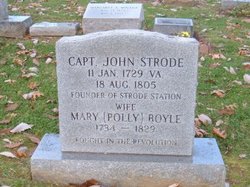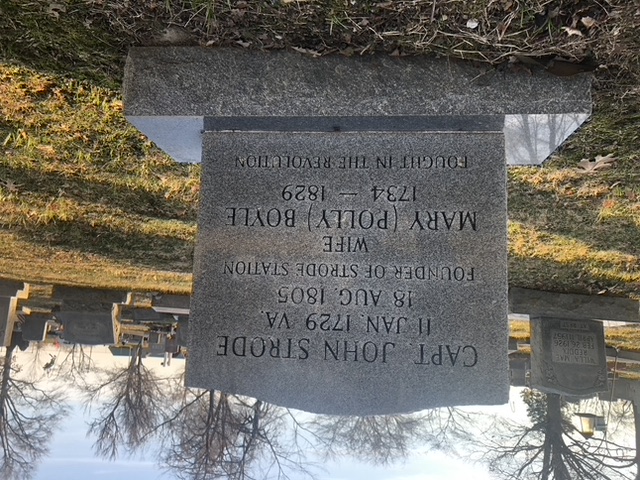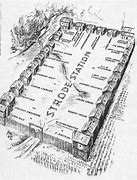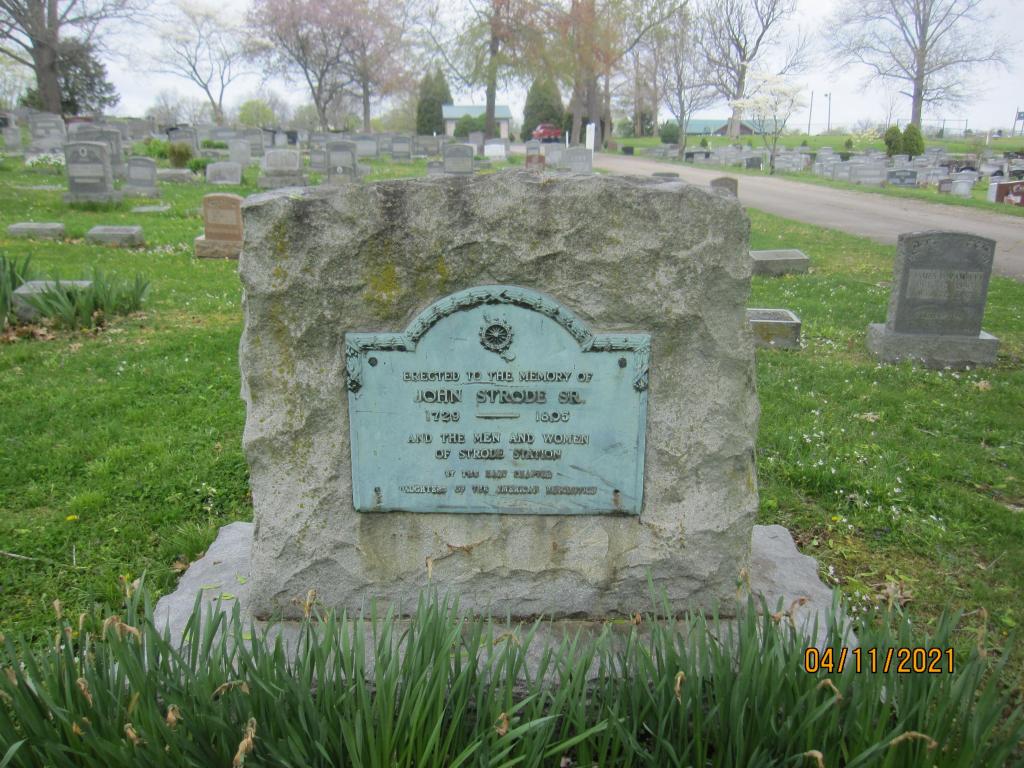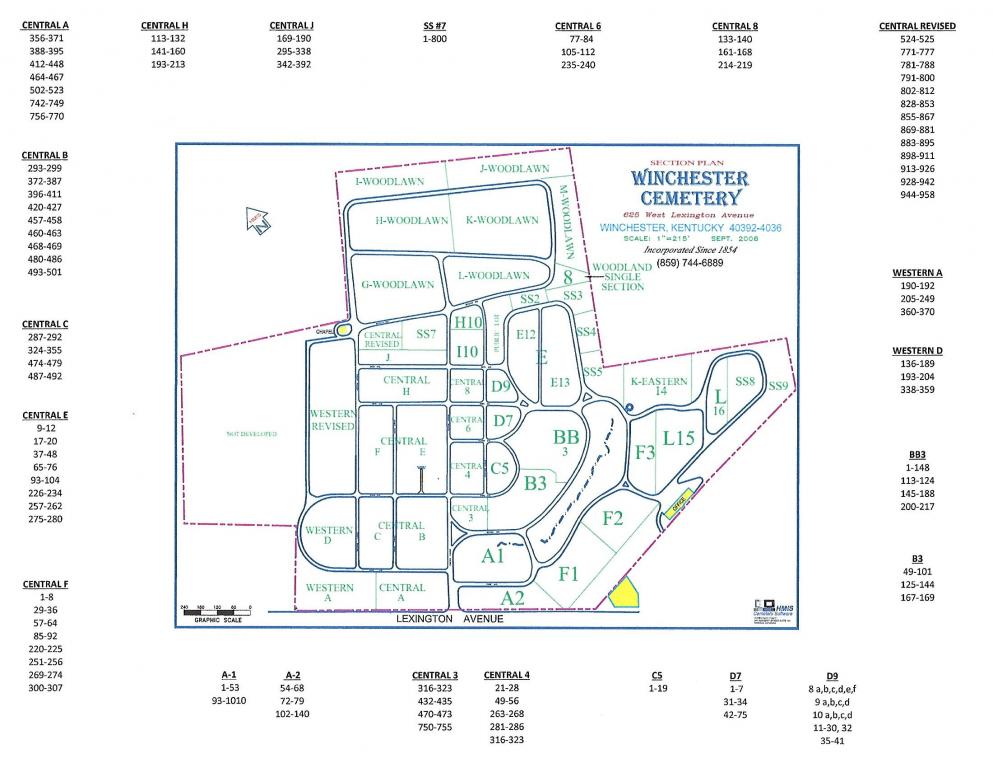John STRODE
SAR Patriot #:
P-299552
The following information was assembled from numerous sources and cannot be used directly as proof of Qualifying Service or Lineage.
It is considered a research aid and is intended to assist in locating sources that can be used as proof.
State of Service: VA
Qualifying Service: Patriotic Service
DAR #: A111410
Birth: 11 Jan 1729 Falmouth / Culpeper / VA
Death: 18 Aug 1805 Winchester / Clark / KY
Qualifying Service Description:
- 1779, he was the founder and defender of Strode's Station.
- Made guns for Virginia Militia near Freicksburgh.
Additional References:
- Drake, Mrs. William Preston, Samuel M. Wilson, and Mrs. William Breckenridge ArderyKentucky in Retrospect: Noteworthy Personages and events in Kentucky History, 1792 – 1942, Kentucky: Sesquicentennial Commission Commonwealth of Kentucky, 1942, pg 184-185, 207
- Burgess, Louis A.Virginia Soldiers of 1776: Compiled from Documents on File in the Virginia Land Office, Together with Material Found in the Archives Department of the Virginia State Library and Other Reliable Sources, Volume 2, Virginia. Richmond: Richmond Press, Inc, 1927, pg 586
- Elston, James StrodeStrode and Stroud Families in England and America, Vermont. Rutland: The Tuttle Publishing Company, Inc, 1949, pg 21-25
Spouse: Mary Boyles
Children: John; Letitia/Letty; James; Nancy; Mary; Elizabeth; Stephen; Eleanor; Susannah; Jeramiah; Thomas; Edward;
Members Who Share This Ancestor
| Date Approved | Society | ACN | SAR Member Info | Lineage via Child | View Application Detail | |
|---|---|---|---|---|---|---|
| 1978-03-06 | MO | Unassigned | Issac L Nichols (114276) | John | ||
| 1984-05-25 | AZ | Unassigned | Clyde William O'Hern (124065) | Elizabeth | ||
| 1986-01-18 | VA | 228228 | Louis Coenen Richardson (127071) | Letitia | ||
| 1996-07-12 | KS | 205642 | Wylie A Brooks Jr (144947) | Nancy | ||
| 1997-03-31 | TN | 201935 | Lee Owen Hunter (148124) | Letitia | ||
| 1997-03-31 | TN | 201936 | Benjamin Lee Hunter (148125) | Letitia | ||
| 2007-03-30 | KY | 28209 | John Willard Southard (169071) | Letitia | ||
| 2007-03-30 | KY | 28210 | James Robert Southard (169072) | Letitia | ||
| 2007-03-30 | KY | 28211 | Joseph Michael Southard (169073) | Letitia | ||
| 2008-03-26 | TX | 31298 | Don Tyson Hall (171387) | James | ||
| 2012-02-10 | KY | 46439 | Oswald McMinnus Kington (182546) | Letitia/Letty | ||
| 2015-12-04 | AZ | 66788 | Steven Craig Monez USAR (179989) | John | ||
| 2016-04-28 | MO | 68977 | John Herbert Coutts (159610) | John | ||
| 2016-06-24 | KY | 69969 | James McMinnus Kington (199041) | Letita/Letty | ||
| 2016-08-23 | TX | 70909 | Gordon Keith Foster (199717) | Letitia | ||
| 2017-06-09 | NC | 75287 | Thomas Andrew Kelly (203141) | John | ||
| 2017-09-05 | WA | 76886 | Gerald Marvin Strode (204377) | James | ||
| 2017-09-05 | WA | 76887 | Gerald John Strode (204378) | James | ||
| 2017-09-05 | WA | 76888 | Nicholas Daniel Strode (204379) | James | ||
| 2018-03-07 | WA | 78505 | Vernon Carl Gray (204908) | Elizabeth | ||
| 2018-03-07 | MO | 78608 | Michael John Coutts (206662) | John | ||
| 2019-08-02 | KS | 87681 | Neal Lee Woods (212434) | John | ||
| 2019-10-18 | KS | 89012 | Harold Osman Woods (213429) | John | ||
| 2023-12-08 | KY | 110069 | Zachary Sherman Manley (228657) | Nancy |
Burial:
Location:
Winchester / Clark / KY / USA
Find A Grave Cemetery #:
Marker Type:
SAR Grave Dedication Date:
Comments:
- The patriot's headstone has a square-rectangular base of new white marble.
- In September 1965, the State Highway Department began a new road by-pass around Winchester to join U.S. 227 south of George Rogers Clark High School. The old Strode's Station cemetery was directly in the path of this new development. The cemetery was excavated, and the remains of the pioneers were removed and reinterred at the Winchester Cemetery. At this time, the gravestone of Captain John Strode, embedded four and one-half feet in the ground, was brought to light. The inscription was partially obscured by age but legible enough to reveal: "J.S. Died Aug. 18, 1805."
- The obituary of Captain Strode found in the Kentucky Gazette of August 20, 1805, confirms the gravestone inscription. Source: History - Old Homes and Landmarks of Clark County, Kentucky, Page 10
Directions to Cemetery / Gravesite:
